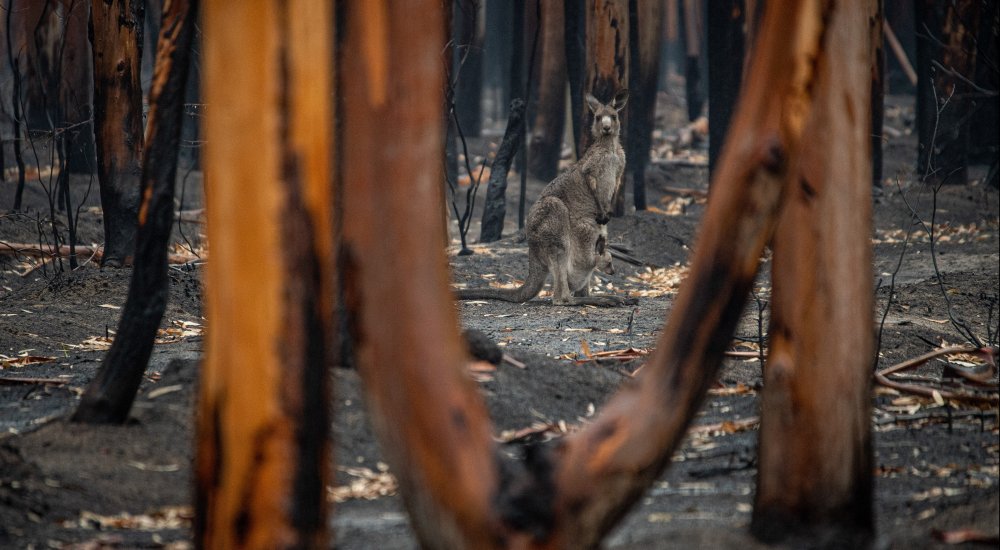FELLOWSHIP AT THE YOUNG ACADEMY FOR SUSTAINABILITY RESEARCH

The Young Academy for Sustainability Research (YAS) seeks to foster cross-disciplinary cooperation between distinguished young scholars in the field of sustainability research. The Academy’s objective is to provide an institutional structure that will enable early-career researchers to foster multidisciplinary dialogue and collaboration, to start collaborative projects, and to engage with the general public. The Young Academy is self-organised by its members, with support by the FRIAS team.
The Young Academy, which is funded by the Eva Mayr-Stihl Foundation, was launched in October 2021, and a first cohort of fellows is working on sustainability-related topics until September 2024. In its second cohort, the Young Academy will support 15 post-doctoral researchers – seven from the University of Freiburg and another eight from other universities and research institutions in Germany and abroad. YAS members will participate in 3-day-long quarterly meetings in Freiburg. Regular attendance at the meetings is mandatory.
ELIGIBILITY CRITERIA
- 2 to 6 years of post-doctoral experience (after PhD)
- Interest in and commitment to interdisciplinary research
- Outstanding scientific track record
RESEARCH FIELDS
The Young Academy is open to post-doctoral researchers from all disciplines and cultural backgrounds. For its 2024 Fellowship call, the YAS reaches out to researchers who want to contribute to the following two broader thematic fields and related cross-cutting areas:
Transformative city-regions
with foci such as the following:
- Sustainability transformations at the urban-rural nexus
- Governance of transformation to sustainability
- Nature-based solutions
- Ecosystems of the future
- Resilience and sustainable infrastructure
- Green mobility and sustainable transportation
- Urban temporalities
- Decolonizing sustainability
- Environmental justice
- Etc.
Human-technology-environment relations
with foci such as the following:
- Concepts and theories on the interrelations of society, technology, and nature
- Models and metaphors of transformation
- Post-anthropocentric and more-than-human perspectives
- Governance in and representations of the Anthropocene
- Deep uncertainties and non-analogue systems
- Socio-technical transitions and justice
- Etc.
BENEFITS FOR FELLOWS
- Peer-mentoring and network-building with other like-minded scientists
- Contribution to and exchange in a vibrant international and interdisciplinary research community
- Connection to the strong research, teaching, and transfer activities on sustainability topics at the University of Freiburg
- €5,000 individual research budget
- €160,000 group budget for joint projects with other YAS members (workshops, publications, field trips, outreach activities etc.)
- Opportunity to become a guest researcher at FRIAS for stays of up to 2 months (incl. travel and accommodation costs)
- Provisions to support researchers with care obligations
- Travel and accommodation for the quarterly meetings in Freiburg are fully covered by YAS
APPLICATION
Applicants are requested to submit their application in English in one single PDF-file, including:
- Motivation letter (max. 3 pages), in which they outline (a) their expectations of becoming a YAS member and being part of an interdisciplinary research community; and (b) describe how their research relates to the above-mentioned themes
- CV (max. 3 pages)
- List of publications
Applications have to be sent with the reference “YAS membership” to the coordinator of the YAS, Dr. Michael Vollstädt michael.vollstaedt@frias.uni-freiburg.de by March 4, 2024.
We are strongly interested in building a diverse and interdisciplinary team. We welcome all applicants regardless of sex, nationality, ethnic or social background, religion or worldview, disability, sexual orientation or gender identity, academic home background or any other biases. We are committed to creating family-friendly working conditions.
TIMELINE
Suitable applicants will be invited to online interviews that will take place on April 11, 2024.
Decisions will be communicated by the end of April 2024.
The first YAS meeting will take place in Freiburg on October 16-18.
FURTHER INFORMATION
Information on the YAS, the former members and projects as well as an FAQ are provided by clicking on the corresponding fields.
More information on FRIAS is available here.
For further details about the YAS, please contact the coordinator of the YAS, Dr. Michael Vollstädt: michael.vollstaedt@frias.uni-freiburg.de
DATA PROTECTION
The University of Freiburg takes the protection of your personal data very seriously. We process your personal data in accordance with statutory provisions. Please consider the data protection information in accordance with Art. 13/14 General Data Protection Regulation GDPR as part of the application at the University of Freiburg
If you decide to send us an application, we will process your application data in order to contact you or to be able to assess whether you have the suitability, aptitude and professional capability for the advertised fellowship for which you are applying.
The provision of personal data is necessary for the lawfulness of the application and selection procedure to be conducted. We can only assess your suitability for a fellowship if we receive your information or personal data on your qualifications. The absence of relevant personal data in the application documents may result in the application not being considered for the award of a fellowship (Art. 13(2)(e) GDPR).
The Eva Mayr-Stihl Foundation is an independent, non-profit foundation. It was established in 1986 by Eva Mayr-Stihl and Robert Mayr. The foundation's work focuses on science and research, medicine, art and culture. www.eva-mayr-stihl-stiftung.de
